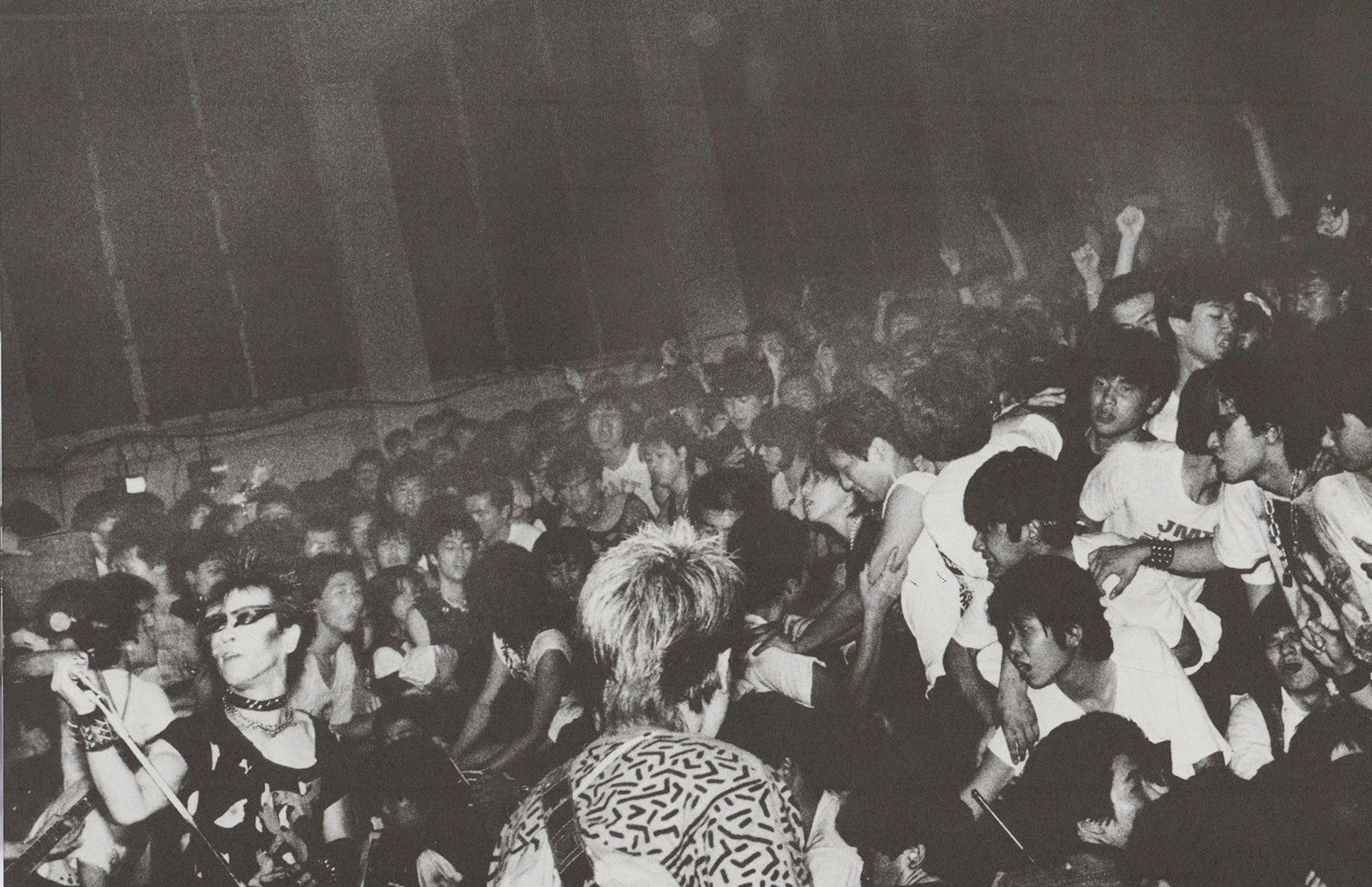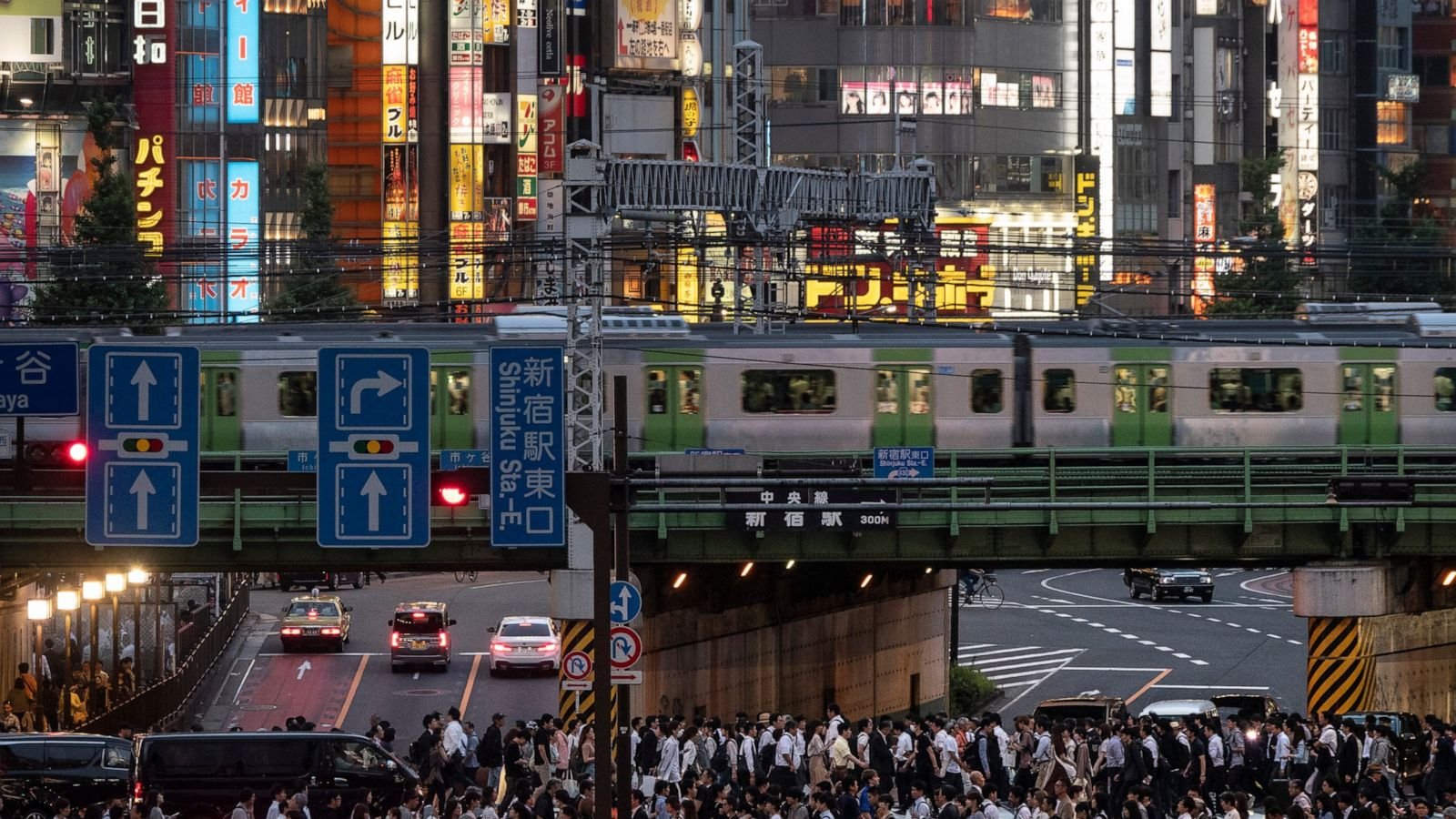The Grandmasters Of Recycling – Kamikatsu On His Way To Zero Waste

Separating and bringing out the trash is not one of the most beloved household tasks.
On the other hand, we all know that we have to tackle the question of “where to put the trash?”, and while many countries now recycle their garbage by separating it into a few categories, a village in Japan’s countryside has brought recycling to another level. Kamikatsu separates its trash into 45 different categories and achieves a recycling rate of over 80 percent.
370 kilometers away from Tokyo, on the island of Shikoku, the inhabitants of Kamikatsu have spent the last two decades mastering recycling and reduction. When the shrinking and aging population was forced to close down their incinerations in 2000 due to a strict new law on emissions and couldn’t afford to build a new one or establish a transportation system, they came up with a different idea: reducing and recycling as much as possible.
A few years later, it was Japan’s first village to declare the goal of zero waste. Even though unforeseeable obstacles hindered them from finalizing this process by 2020, they have mastered a rate that is 60 percent higher than the Japanese average.
While most villagers have embraced the recycling system, reducing consumption is still a big problem. Japan is the world’s second-largest producer of plastic waste. Aiming for better trash management, Japan introduced the 3R-system [reduce, reuse, and recycle] in 2004. While the country has become quite efficient in recycling, its high hygienic standards still lead to an overuse of plastic, such as the individual wrapping of fruits, crackers, or other products.
Japan’s prime example, Kamikatsu, is very much aware of the fact that its system is not 1:1 adaptable to any major city. However, they believe that every single person can make a difference, and any step counts. That’s also why they invite people from all over the country to show them how the village executes its new approach toward the trash. They’ve even built a hotel next to the separating center. Nevertheless, to boost their venture and make it easier adaptable, bigger political decisions are needed.





